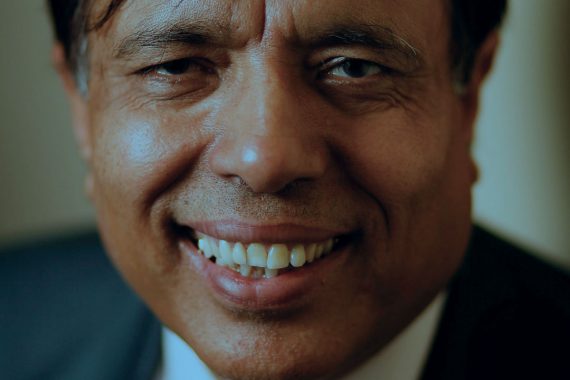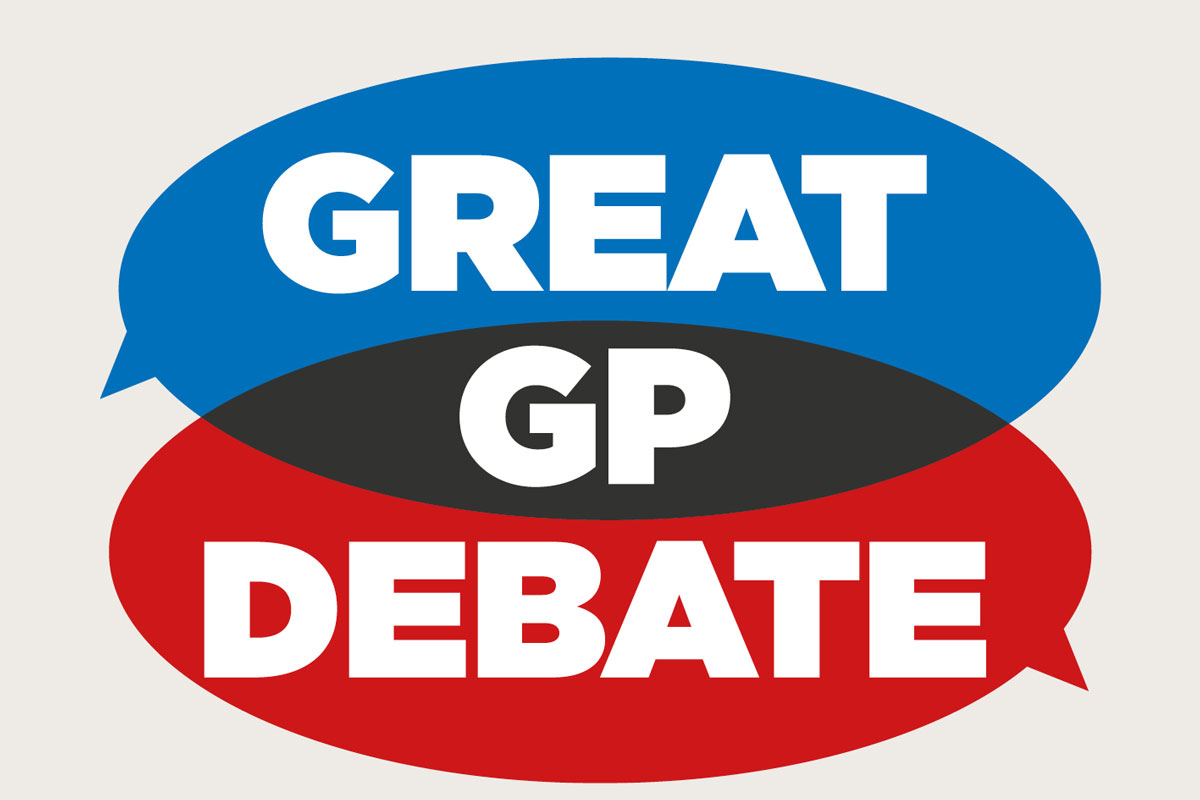A radical way to encourage self-care – fines for inappropriate attendance


In the last seven years, workload in general practice has increased by 16%, with some practices now approaching 200 consultations a day. But barring genetic or catastrophic disease, accidents and maybe the ageing process itself, our health is in our own hands. Promoting knowledge about diet and exercise and taking responsibility for our own lifestyle choices are the best ways to cut down on demand and healthcare costs.
Without consequences some members of the public are unlikely to change
General practice has never really taken on a significant preventative role. It is still focused on the treatment of acute illnesses and chronic diseases. More than half of all patients in England report having long-standing health conditions that fall within their GP’s remit.
Promoting knowledge about and adherence to healthy lifestyles is one of the best ways to cut healthcare costs and reduce demand. From my experience as a GP, I would estimate that 50-70% per cent of my patients’ medical costs would be not just reduced but eliminated if their diets and exercise regimens were optimised.
Tackling the crisis facing general practice requires solutions that are not just linked to more resources, we need to encourage self-care. I think this needs to start with children and young people. I advocate a mandatory educational curriculum subject on lifestyle and self-care in year 9 (as well as how to use the health system if lifestyle cannot prevent illness) introducing it in a style similar to sex education at schools. It is worth considering the roles of future models of care and maybe with increased resources in a larger organisation there may be opportunities for education similar to that of cardiac rehab classes. For example, if a patient has an inappropriate contact in A&E or general practice, they could then be offered a referral to an education class.
However, what is most effective is relating action to personal consequences. For example, the highly effective seatbelt campaign only became successful once the public realised there were fines for not wearing a seatbelt. If we really want radical solutions then we have to consider fining patients for inappropriate use of the health service – maybe use the education class as a warning and if the patient repeats the inappropriate contact they could be fined a small fee to fund the education classes. This is not ideal but without consequences some members of the public are unlikely to change their behaviour.
We also need to recognise that some people can change if they get the right positive motivation, so we need a new national public campaign to support this. Behaviour change isn’t something where the NHS or Government has a great track record. We make some things illegal because they’re harmful to individuals and deemed not to be in the public interest (e.g. using drugs other than on prescription). We tax other things that are harmful (e.g. smoking, alcohol). Yet these things are still part of everyday life for large numbers of people. If we are serious about behaviour change then we need to rethink how we do this.
We need to learn from the commercial sector who are so adept at changing behaviour. How many people actually need the latest smartphone? How many people need to wear a particular brand of clothing? For most people these choices have far less long-term impact on their wellbeing than the choices they make about their diet and exercise, but decisions about smartphones and clothes seem to be more important to many people. We need to spend more time understanding why people make the choices they do about their lifestyle. We also need to understand what commercial marketing experts do to make people want something that 50 years ago was not seen as remotely important. We need to deliver campaigns conceived, planned and delivered by people who are skilled at population level behaviour change and support our NHS Comms professionals in this.
Dr Kailash Chand OBE is a retired GP and former deputy chair of BMA council. You can follow him on Twitter @kailashchandobe
This blog is part of our ‘Great GP Debate’ season. If you would like to write a blog on how you see the future of general practice, then please email the Editor at [email protected].









